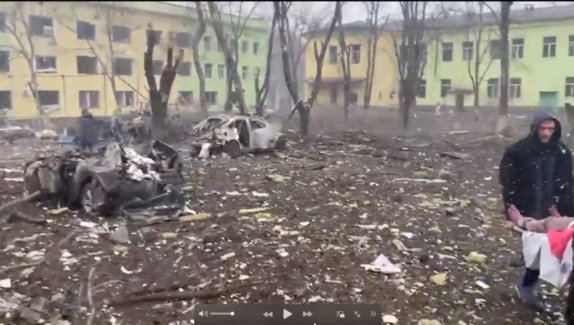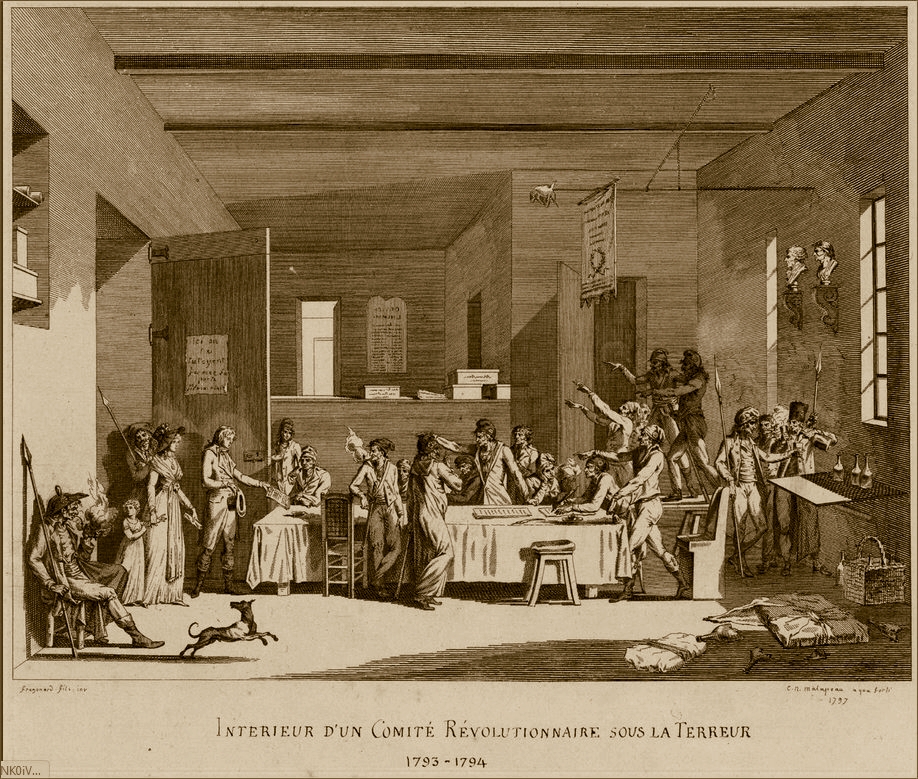Posted by Thomas Scarborough and Martin Cohen
Jeffrey Kluger, the editor at large for TIME magazine, observed last week, ‘There’s nothing quite like the behavior of panicky humans.’ He was writing in the context of the COVID-19 pandemic.
Is the panic -- or should we say, alarm -- justified?
The initial response to the disease, although stumbling and slow in some respects, was by and large the correct one: get a fix on the disease. What are we dealing with? What is its character? The next steps, then, were textbook containment and mitigation. Since then, of course, the pandemic has developed other dimensions, though not as a direct result of the disease. Rich Lesser, the CEO of a global management consultancy, wrote in Fortune magazine last week, ‘It started as a health crisis, within days became a real economic crisis, and is now on a swift path to becoming a massive fiscal challenge.’
There would seem to be two assumptions in the early -- and continuing -- response to the pandemic: under no circumstances sickness, yet if there is, complete control. All over the world, we find language which reveals an ‘uncompromising’, ‘relentless’, and ‘aggressive’ approach -- an
ideal plan which is not to make any concessions to the disease. And always, in the statistics, one finds a column marked ‘deaths’, to which all control would seem to defer. The aim is zero deaths, zero deaths, zero deaths. In fact the biggest opprobrium for any government in the midst of the pandemic is the death rate.
The COVID-19 pandemic has two important features: the
seriousness of the pandemic, and the
character of the disease.
About the seriousness of the pandemic, mortality stood last week at about 3% -- if one calculates the ratio of total confirmed cases to deaths. Yet for a number of reasons, this is quite uncertain. For example, various academic papers have estimated that more than 80% of cases are undetected. This reduces 3% to 0.6%. Some place mortality far lower -- the Centre for Evidence-Based Medicine placed it at 0.14% last week. The World Health Organization calculated that in China, the 'real' mortality rate for COVID-19 was 0.7% of reported cases, where only 5% of cases were reported. That's a 0.035% death rate.
While various kinds of ‘experts’, media, and ‘modellers’ have been plugging in figures as high as 10% for Corona virus fatalities, one professor of public health, John Ionnidis of Stanford University, suggests ‘reasonable estimates for the case fatality ratio in the general U.S. population vary from 0.05% to 1%’. Compare the lower figure. He explains his reasoning, too, saying that the one situation where an entire, closed population was tested
was the Diamond Princess cruise ship and its unfortunate, quarantined passengers.
‘The
case fatality rate there was 1.0%, but this was a largely elderly
population, in which the death rate from Covid-19 is much higher…’
Writing for
Stat magazine, he adds,
‘Projecting the Diamond Princess mortality rate onto the age structure
of the U.S. population, the death rate among people infected with
Covid-19 would be 0.125%.’
If we assume that the ‘case fatality rate’ among individuals infected by the virus is 0.3%, and 1% of the U.S. population gets infected, this would translate to about 10,000 deaths. This sounds a huge number, but is within normal flu toll.
Even the one thing
everyone agrees -- that we have to
flatten the curve to spread out the load of cases (and avoid overburdening health services) -- Ionnidis casts doubt on. Spreading the infections out over a longer period of time is better? Not necessarily. It ‘may make things worse: Instead of being overwhelmed during a short, acute phase, the health system will remain overwhelmed for a more protracted period.’ For Ionnidis, the policy response, not the virus, is the perturbing part, as ‘with lockdowns of months, if not years, life largely stops, short-term and long-term consequences are entirely unknown, and billions not just millions, of lives may be eventually at stake.’
The point is that fatalities, although they are tragic and traumatic in every case, are comparatively small, although, the numbers sound alarming given the large population which may be affected.
As for the
character of the disease, it has some well-defined
features. It is now certain that it is far more dangerous to those who are more advanced in years, from about age 60, certainly from age 70. It is far more dangerous for those with pre-morbidities, or compromised health, or concurrent infections, among other things. This makes the picture far more varied than the simplest scenario of containment and mitigation. Also, methods of containment and mitigation themselves are very varied, and may be greatly helped with fairly simple -- and far from extreme -- measures.
Given this brief survey, and assuming that it is broadly true -- what would the
philosophers have said?
The Delphic maxim proclaimed, ‘Nothing to excess,’ while Aristotelian philosophers emphasised the
Golden Mean -- the middle way between extremes of excess and deficiency. Socrates said, ‘Choose the mean, and avoid the extremes on either side, as far as possible.’ In short, they sought a general
holism. With this in mind, they might well have cautioned us against a reductionist response to the crisis, and to take all factors into account and to balance them. Protect the elderly, defend the vulnerable, comfort the distressed, yet for the rest, accept the tragic inevitability of illness and death among us, maintain the life and pulse of society -- and let it go. Let it be.
A more holistic view suggests, too, that we should think, not only of the present pandemic, but of the past and the future. As with all pandemics, there is a bigger picture. Where have we come from, that this has happened to us now? Where are we going to, as we shape the society of the future? And what if it had been worse? Pandemics are always embedded in background conditions. One needs to consider economic and financial systems, urban planning, health care, lifestyle choices, communications -- in fact, the entire order of the day.
Above all, it is a
reductionist response which drives us to the totalising ambition of no illness, and certainly, zero deaths -- and in the midst of this,
the suppressed premise of our age: preserve life at all costs. Less than a hundred years ago, religious congregations all over the world would pray for healing through God’s angel of death, if he should so will. That prayer has now been expunged. Death is not a constant companion today, as it sometimes was in the past, but an enemy to be defeated at all costs. If only one knew what one were hoping to save. It would seem that not many do -- and that in itself may be a large part of the panic, the alarm. There has to be a way of living that triumphs over stalking death.
It remains to be seen whether ‘the behaviour of panicky humans’ can be sustained today. At the moment, we are all locked into a more or less unified response to the pandemic, by the decisions of governments the world over -- and they in turn are judged by their peers.
















